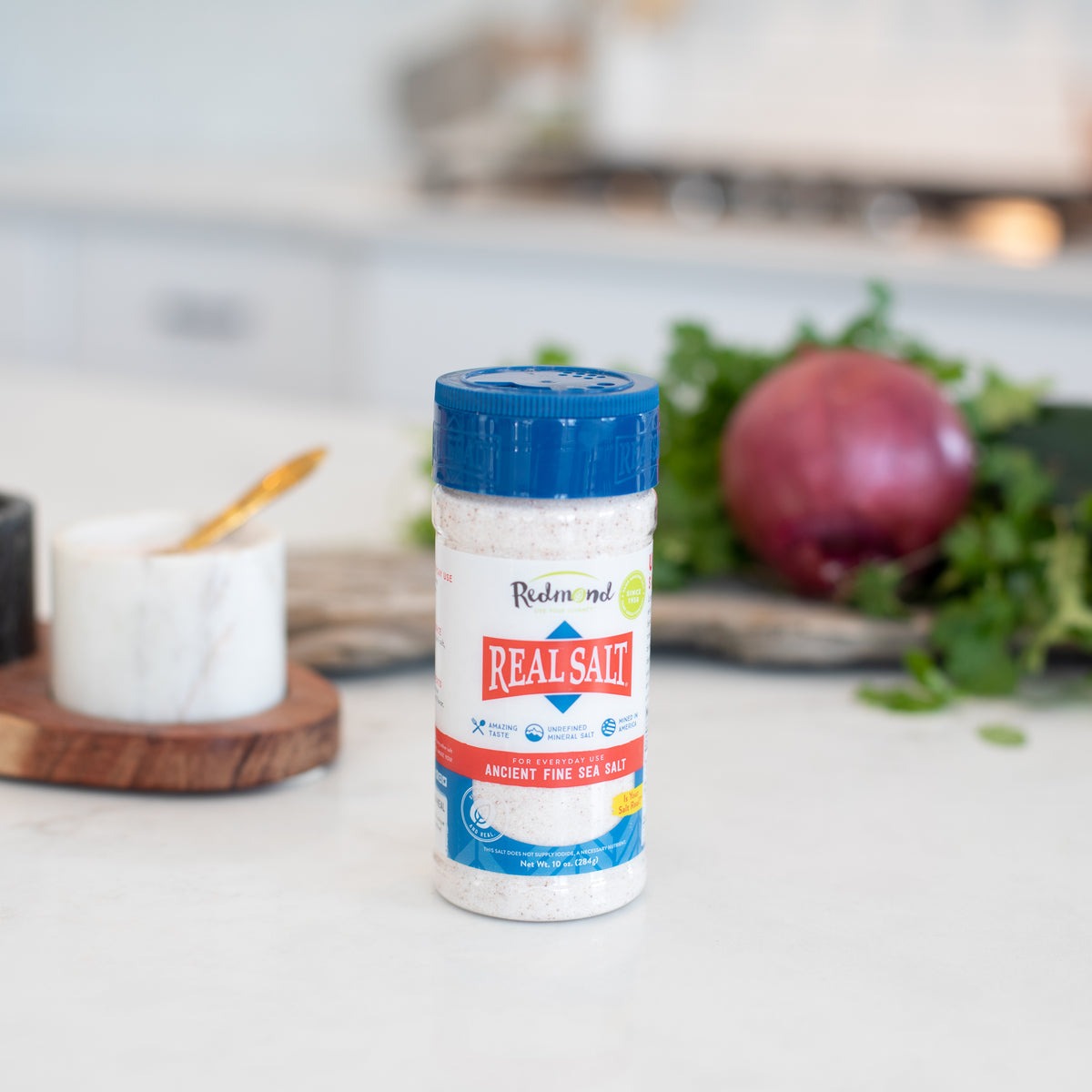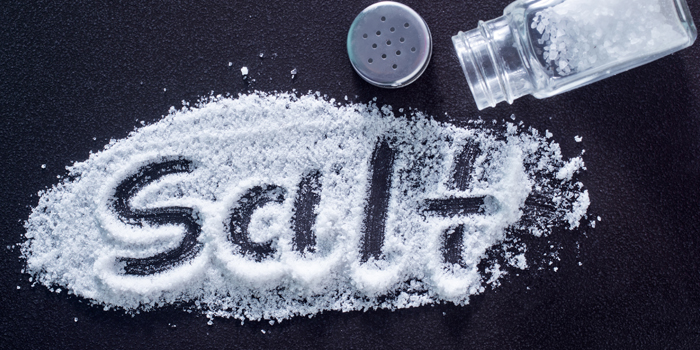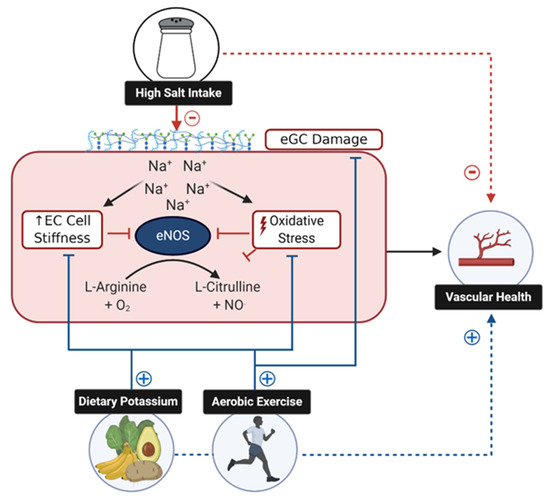I just finished reading the book The Salt Fix, and it addresses many topics which have come up in various threads here so I am posting some highlights, along with a few other items not covered in the book. The book has been out about ten years and I have heard many podcasts with the author, but the book covers many interesting details I don’t remember from any of the podcasts. So for those who like to read, I strongly recommend it, not only because of the useful information it contains, but because it is an ongoing example of how bad information is perpetuated to this day despite many lines of evidence and logic strongly suggesting that minimizing salt/sodium is terrible advice.

To summarize the book’s message in one sentence, the body can easily deal with too much salt in all but very rare extremes, however too little salt is surprisingly easy to achieve (especially for people who sweat a lot as most of us here between sauna and activity are likely doing, or who take drugs that have the side-effect of lowering sodium) and creates many non-intuitive forms of damage that the body cannot overcome without salt. (I am using salt and sodium interchangeably here, although technically sodium is a subset of salt.) A few highlights from the book include:
While not mentioned in the book, a couple of items to be aware of:
To summarize the book’s message in one sentence, the body can easily deal with too much salt in all but very rare extremes, however too little salt is surprisingly easy to achieve (especially for people who sweat a lot as most of us here between sauna and activity are likely doing, or who take drugs that have the side-effect of lowering sodium) and creates many non-intuitive forms of damage that the body cannot overcome without salt. (I am using salt and sodium interchangeably here, although technically sodium is a subset of salt.) A few highlights from the book include:
- Low Salt intake can lower libido and fertility, so those looking for things to raise either should err on the higher side of salt intake. This seems to be a very under-publicized issue given all the threads here and elsewhere looking for libido-boosting methods.
- Low potassium intake is far more likely to cause high blood pressure than high salt, and potassium should be one of the first things to look at to optimize blood pressure
- Low salt will raise heart rate and blood viscosity (both of which are harmful) to a degree that outweighs any benefit from a minor lowering of blood pressure, if it were to occur.
- Low salt can actually raise blood pressure in some cases and the negative of low salt extends to many body systems that have nothing to do with blood pressure
- There are commonly used drugs that can lower the amount of sodium in the body which would make avoiding salt even more dangerous.
While not mentioned in the book, a couple of items to be aware of:
- People with large upper arms may often need a larger-than-standard cuff to get an accurate reading, and the standard cuffs may tend to read too high.
- Blood pressure readings can vary a lot so numerous readings under varying circumstances are necessary to start to get an accurate picture
- Blood pressure can tend to be higher in cold conditions
- If you are someone who doesn’t sweat very much in situations where you should like a sauna or working outdoors in the heat, this can be a sign that your body is low on something (like Iodine) that normally would be lost in sweat but which your body is trying to conserve. Sweat is also a key part of the body’s detox system and not something that you want to minimize.
Last edited by a moderator:






















